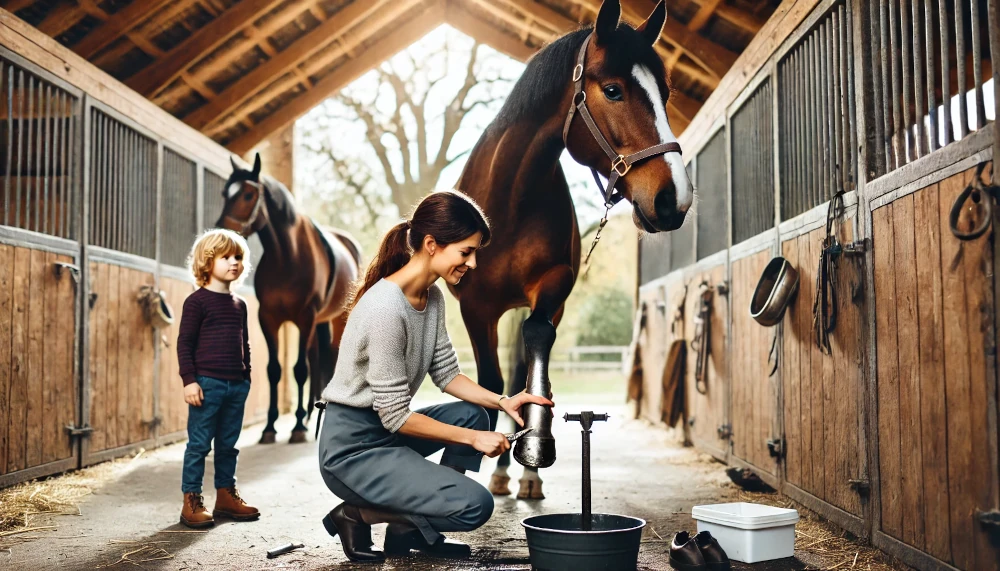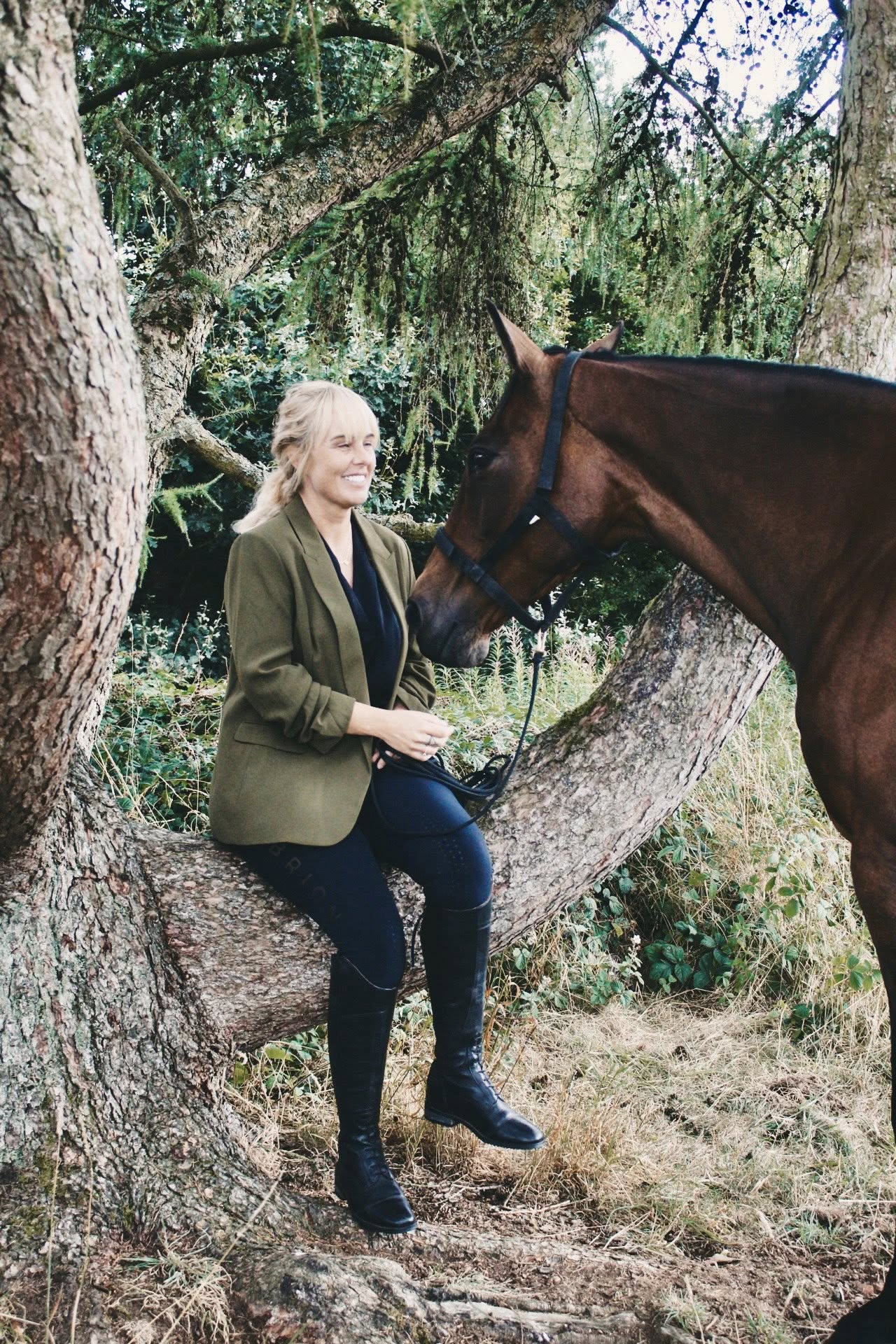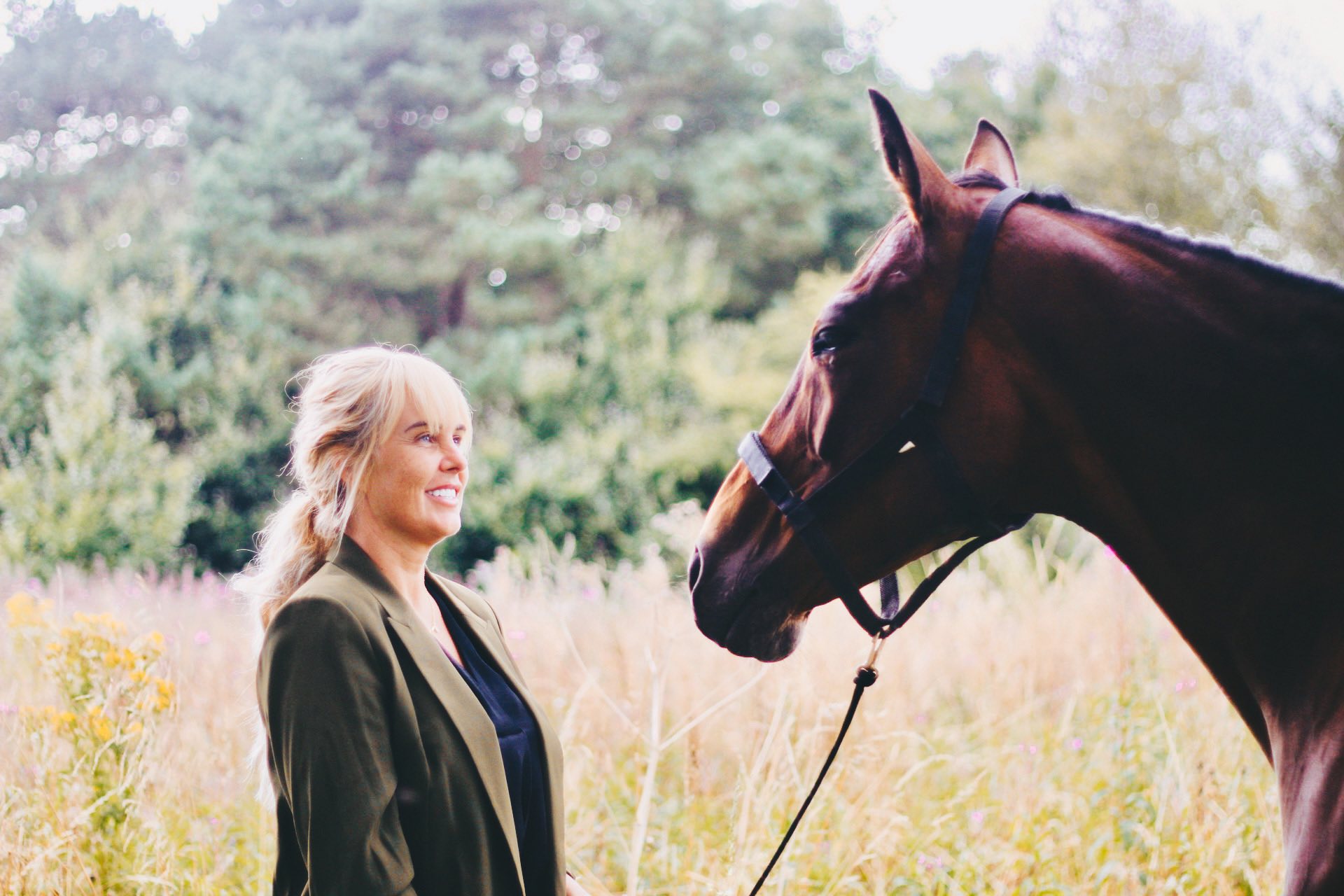Introduction
Embarking on the journey of horse riding is an exciting experience filled with new challenges, learning opportunities, and a deepening connection with these magnificent animals. However, alongside mastering riding techniques and understanding equine behavior, one of the most important aspects of becoming a responsible rider is ensuring your horse’s health and well-being. Horses are complex creatures with specific healthcare needs that must be met to keep them in top condition, both physically and mentally. As a beginner, it’s crucial to familiarize yourself with essential horse healthcare considerations. This guide will cover five key areas of horse care that every new rider should understand to ensure their horse remains healthy and happy.
1. Proper Nutrition
Just like humans, horses require a balanced diet to maintain their health, energy levels, and overall well-being. Understanding the basics of equine nutrition is fundamental for any horse owner or rider.
Horses are grazing animals, meaning their diet should primarily consist of forage, such as hay or pasture. The bulk of their nutrition comes from these sources, and they should have constant access to them. Hay quality is crucial; it should be free of mold, dust, and weeds, and stored in a dry, well-ventilated area.
In addition to forage, many horses require supplemental grains or pellets, especially if they have higher energy needs due to rigorous training. However, it’s important to avoid overfeeding, as this can lead to obesity, digestive issues, and other health problems. Fresh, clean water should always be available, as horses can consume up to 10 gallons a day, depending on their size and activity level.
Salt and mineral supplements are also essential. Most horses benefit from having access to a salt block, which provides necessary sodium. Depending on your horse’s diet and the mineral content of your local soil, you may need to provide additional mineral supplements.
2. Regular Veterinary Care
Routine veterinary care is vital to keeping your horse in good health. Establishing a relationship with a trusted veterinarian will help ensure your horse receives regular check-ups and prompt treatment if any health issues arise.
Annual vaccinations are a key component of preventive care. Common vaccinations include those for tetanus, influenza, and West Nile virus. Your veterinarian will advise you on which vaccines are necessary based on your horse’s age, health status, and regional risks.
In addition to vaccinations, regular deworming is essential to protect your horse from internal parasites. A deworming schedule should be tailored to your horse’s needs, with fecal egg count tests helping determine the frequency and type of dewormer used.
Regular dental care is another critical aspect of veterinary maintenance. Horses’ teeth continue to grow throughout their lives and can develop sharp points or uneven surfaces that cause discomfort or difficulty eating. A vet or equine dentist should perform an oral examination and floating (filing down uneven surfaces) at least once a year.
3. Hoof Care and Farriery
The saying “no hoof, no horse” underscores the importance of proper hoof care in maintaining a horse’s overall health and mobility. As a beginner rider, understanding the basics of hoof care and working with a skilled farrier are crucial steps.
Horses require regular hoof trimming every 4-8 weeks to maintain the correct shape and balance of the hoof. Without proper care, hooves can become overgrown, leading to discomfort, lameness, or more serious conditions like laminitis. Your farrier will trim the hooves and, if necessary, fit your horse with shoes to provide additional support or protection.
Daily hoof cleaning is another essential task. Before and after riding, use a hoof pick to remove dirt, stones, and debris from the hooves. This helps prevent issues like thrush, a bacterial infection that thrives in damp, dirty environments.
Being attentive to your horse’s hooves and establishing a regular schedule with a farrier will go a long way in ensuring your horse remains comfortable and sound.
4. Grooming and Skin Care
Grooming is not only a way to keep your horse clean and looking their best, but it also plays a critical role in maintaining their skin and coat health. Regular grooming sessions are an opportunity to check for cuts, swelling, or signs of skin conditions that might otherwise go unnoticed.
Start with a curry comb to loosen dirt and hair, followed by a stiff brush to remove debris from the coat. A soft brush can be used on sensitive areas like the face and legs. Picking out the hooves daily is also part of a good grooming routine.
Pay special attention to your horse’s mane and tail, keeping them free of tangles and debris. Regular washing and conditioning can help keep their coat healthy and shiny, especially in warmer months when they’re prone to sweating.
Skin conditions like rain rot, sweet itch, or hives can occur if a horse’s skin isn’t properly cared for. Keep an eye out for any unusual bumps, rashes, or areas of hair loss, and consult your veterinarian if you notice anything concerning.
5. Understanding Equine Behavior and Stress Management
Horses are highly sensitive animals, and understanding their behavior is key to managing their stress and ensuring their mental well-being. Recognizing the signs of stress and knowing how to address them can prevent health problems and strengthen the bond between horse and rider.
Common signs of stress in horses include pacing, teeth grinding, excessive sweating, and changes in eating or drinking habits. Stress can be caused by various factors, such as changes in routine, separation from other horses, or unfamiliar environments.
To minimize stress, it’s important to establish a consistent routine for feeding, exercise, and rest. Ensuring your horse has ample turnout time with companions can also reduce anxiety and promote natural behaviors like grazing and socializing.
Training and handling techniques should always be calm and consistent. Positive reinforcement and patience go a long way in building trust and reducing stress. If you’re unsure about a behavior or training issue, seeking advice from a professional trainer or equine behaviorist can provide valuable guidance.
Conclusion
As a beginner rider, understanding and implementing these essential horse healthcare considerations will help you build a strong foundation for the well-being of your horse. Proper nutrition, regular veterinary care, diligent hoof maintenance, consistent grooming, and a keen awareness of equine behavior are all integral to keeping your horse healthy and happy. By committing to these practices, you’ll not only enhance your riding experience but also ensure a long, fulfilling partnership with your equine companion.




